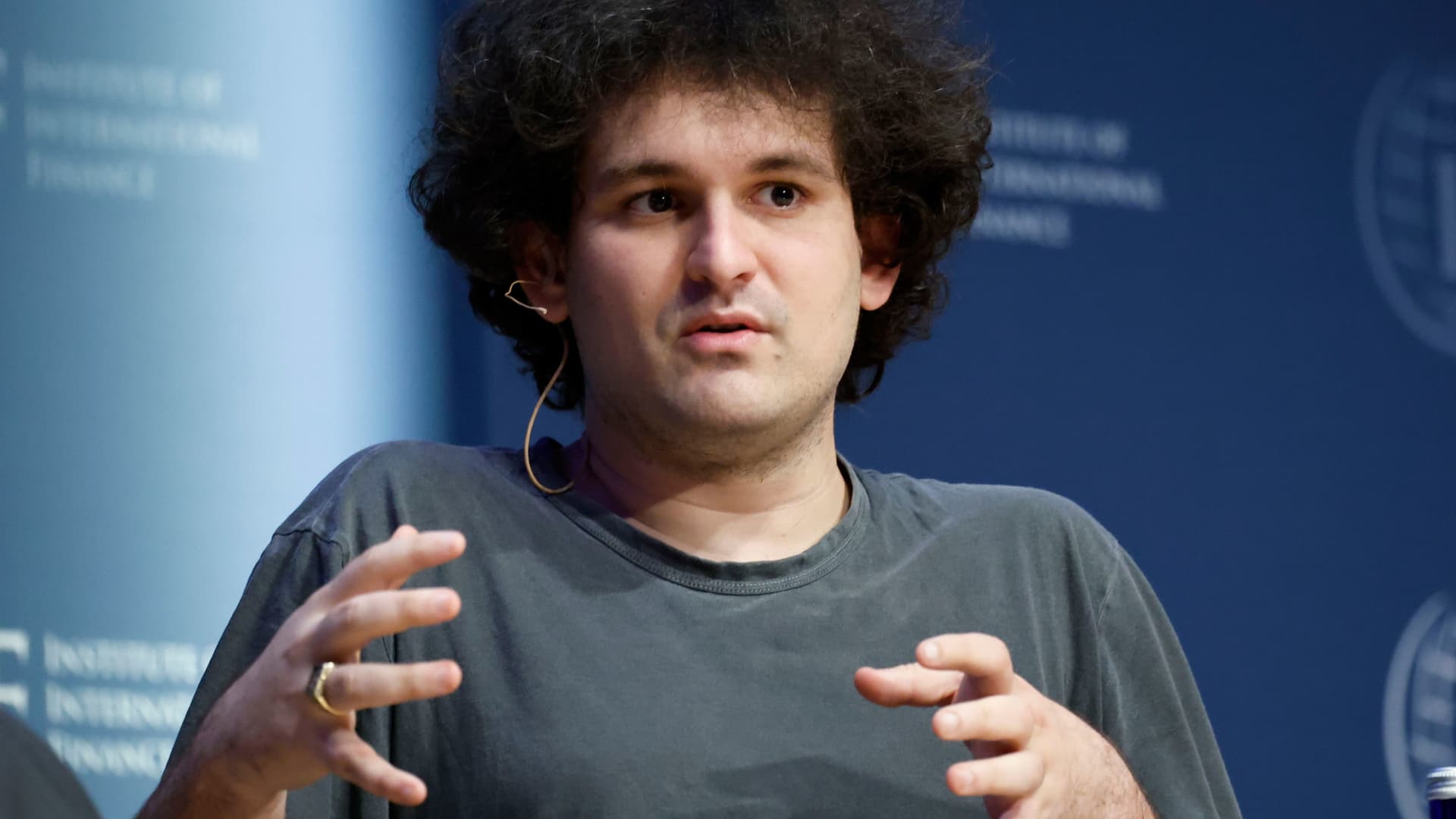Lawyers for collapsed crypto exchange FTX said in the company’s first bankruptcy hearing on Tuesday that regulators from the Bahamas, where FTX was headquartered, have agreed to consolidate proceedings in Delaware.
FTX’s lawyers, who were brought in by new leadership to handle restructuring, filed an emergency motion last week to secure the move to the U.S. The hearing on Tuesday was the initial step in the resolution of the largest cryptocurrency bankruptcy on record.
“What we are dealing with is a different sort of animal,” said FTX counsel James Bromley. “Unfortunately, the FTX debtors were not particularly well run, and that is an understatement.”
Regarding FTX’s founder, this was an organization that was “effectively run as a personal fiefdom of Sam Bankman-Fried,” an FTX attorney told the court.
FTX lawyers confirmed earlier reports that the Southern District of New York’s Cyber Crimes unit has begun an investigation into the matter. FTX lawyers have also made reference to cyberattacks, suggesting there were multiple attacks beyond the $477 million hack that occurred shortly after the company entered bankruptcy on Nov. 11. In that attack, hackers extracted ether out of FTX wallets.
The central challenge for the new team is “working to bring order to disorder,” Bromley told the court. After introducing his fellow counsel, Bromley dove into what FTX has been doing to understand the complex morass of data and finances left behind by FTX and Bankman-Fried, who was replaced by restructuring expert John Ray III.
Bankman-Fried exercised a level of control over the business that “none of us have ever seen,” Bromley said, referring to the bankruptcy experts and attorneys the company has employed as part of the restucturing process.
FTX had been valued by private investors at $32 billion earlier this year, and Bankman-Fried was making himself out to be an industry savior during the crypto winter.
“The FTX situation is the latest and the largest failure in this space,” Bromley said. “There was effectively a run on the bank, both with respect to the international exchange […] as well as the U.S. exchange. At the same time that the run on the bank was occurring, there was a leadership crisis […] The FTX companies were controlled by a very small group of people, led by Mr. Sam-Bankman-Fried. During the run on the bank, Mr. Fried’s leadership frayed, and that led to resignations.”
FTX has just begun to implement “standard” risk and data management practices, he said. As part of the process, lawyers had earlier to approve roughly $1 million in salary expenses for existing FTX employees.
The process is designed to get as much as possible for creditors, Bromley said.
“It is essential that we first maximize the value of the assets we have, whether that means selling assets, selling businesses or restructuring businesses,” he said. “All of that is on the table.”
FTX customers had a global presence, but many were based in tax havens. The largest geographic areas represented included:
- Cayman Islands — 22% of registered customers.
- U.S. Virgin Islands — 11% of registered customers.
- China — 8% of registered customers.
“We will be before you quite quickly with an attempt to sell certain of the business that we understand […] are self-sufficient and robust [with] interest from others,” Bromley added.
FTX lawyers said they’ve established four silos for the company’s assets and various entities. They are:
- The WRS (West Realm Shires) silo, which controls and encompasses U.S. holdings.
- The Alameda silo, which includes Alameda Research, Bankman Fried’s now defunct hedge fund.
- The venture silo, which invested in crypto companies and startups.
- The dot-com silo, which encompasses the international business, the bulk of FTX’s deposits.
Bromley said the asset recovery and protection efforts encompass not just crypto assets and currency, but “information.” The company has also brought on independent directors for the first time ever.
“A substantial amount of assets have either been stolen or missing,” Bromley said. “Additionally, “substantial funds appear to have been transfered from other silos to Alameda.”
A key aspect of the FTX crisis is around Alameda and the FTT token, a coin issued by FTX. Lawyers have walked through the history of FTX and affiliated companies, pointing at the creation of the FTT token in April 2019 and the foundation of the Alameda entities in November 2017.
Investments were made in the crypto and technology venture space, Bromley said, but almost $300 million was also spent on real estate in the Bahamas. That number is higher than previously reported, and Bromley said most of those purchases were home and vacation properties for senior executives.
Employees have left the company in droves. As of October 2022, the main FTX parent company had 330 employees around the world, with 127 in the U.S. Including the Australian businesses and FTX Digital Markets which had 190 employees, the global headcount was 520.
The best guess for the headcount now, according to FTX attorneys, is “around 260.”
WATCH: Protecting customers from bad actors in the crypto space

